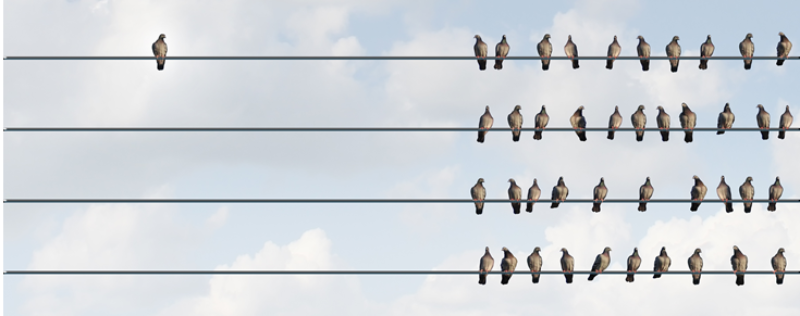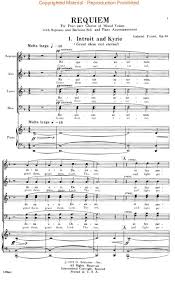
As I was sitting with Frank at the Memory Care Facility waiting for my laptop to boot up so I could get an electronic signature from a facility care giver to prove to my boss and the Medicare folks that I really was sitting next to Frank at said Memory Care Facility, I received an ominous message from the Universe on the screen: “FATAL ERROR—YOUR LAPTOP WILL NOT COME OUT OF HIBERNATION.”
On one level those words meant another ten minutes in the discomforting Memory Care Facility (after a manual shutdown of the damn laptop) waiting for the re-boot so I could obtain the coveted signature proving I really was with Frank.
On another, I wondered if this was some sort of divine commentary on my situation as I was with a terminal patient whose memory was certainly in permanent hibernation.
Regardless of the message’s intent, I simply sat with this hard-of-hearing, severely demented, and uncommunicative little man with the wavy white hair in a wheelchair. As I sat, I really started to look at him. To truly see him.
Underneath the bright green and yellow Oregon Ducks sweatshirt covered with crumbs from the morning’s breakfast and the matching green and yellow Ducks hat, sat a peaceful little man clutching a soft pillow to his face. Frank had been a devout Baptist for most of his life, serving as an elder and deacon for more than 50 years.
While Frank’s heart beat just fine, his memories and his soul had vanished nearly seven years before. As a result, this little man with the wavy white hair has little value in our culture. Oh, his biological organism is safe and well cared for, but for the most part Frank’s just put off to the side, out of sight, in a memory care unit with many other breathing, vacant bodies.
So, as I was sitting with Frank, silently praying for him as the laptop sorted through its millions of codes to restart, I heard a deep male voice (emanating from the little boom box in the common room) begin to sing, “Jesus loves the little children…”
I recognized the song—and as I sat praying for Frank I was serenaded by the words,
Everything is beautiful in its own way.
Like the starry summer night, or a snow-covered winter’s day.
And everybody’s beautiful in their own way.
Under God’s heaven, the world’s gonna find the way.
I began to wonder if in some crazy way Frank’s dementia was a gift? Did it protect him from the suffering so many of the folks I visit endure?
In our materialized, capitalist culture we have turned human beings into commodities. A person has value and worth so long as they can produce and purchase. We esteem people based on their ability to make money, spend money, or both. For example, a person can be a big jerk, but if they make or spend a ton of money we give them great respect, honor, and attention. On the other hand, someone who can do neither we ignore. Consider the plight of the homeless, the disabled, those on welfare, or the financially destitute dying—we make them invisible.
Many of the folks I visit who realize they are no longer productive and useful suffer terribly— feeling as though they are leeches to their family and friends. Did Frank’s dementia shield him from this existential and societal pain?
I left these thoughts that had sidetracked me once again from my assigned task and began praying for Frank. Lately, when I’ve been with uncommunicative folks warehoused out of sight from our highly productive world, I have taken to praying the last Beatitude taught by Jesus. A reading of the text from Matthew 5.11–12 I particularly feel a closeness to what it says:
Blessed are you when your life is sucked out, you’re dislocated, and classified as a waste of time for my sake… Rejoice and be glad for great is your reward in the Heavens. It is a sign of the prophets to intensely feel the disunity around them.
Seems Jesus values a human being’s net worth differently than we do. I wonder who’s right?

 These days, it’s so easy to get “sucked in” by the bad news of the day. One counter measure we can employ to help protect our souls during times like these is to take a more macro view of our lives. The following portion of a prayer by Oscar Romero, a Catholic Bishop in El Salvador who was martyred in 1980, is a great example of considering the longer view.
These days, it’s so easy to get “sucked in” by the bad news of the day. One counter measure we can employ to help protect our souls during times like these is to take a more macro view of our lives. The following portion of a prayer by Oscar Romero, a Catholic Bishop in El Salvador who was martyred in 1980, is a great example of considering the longer view.

 Looking for a Place to Fit
Looking for a Place to Fit Rudy was a devout atheist who regularly attended the First Presbyterian Church. Actually, that’s where we met, sort of. It’s not that Rudy was looking to convert from atheism—he just loved to sing, and being in the Presbyterian choir gave him a chance to share the beauty of his deep bass voice.
Rudy was a devout atheist who regularly attended the First Presbyterian Church. Actually, that’s where we met, sort of. It’s not that Rudy was looking to convert from atheism—he just loved to sing, and being in the Presbyterian choir gave him a chance to share the beauty of his deep bass voice.